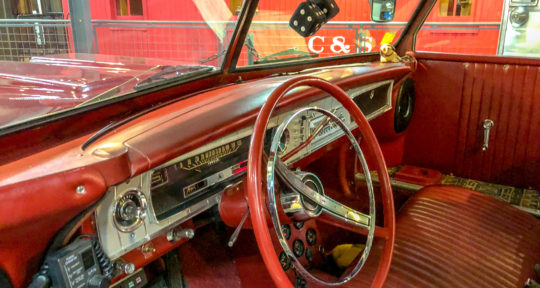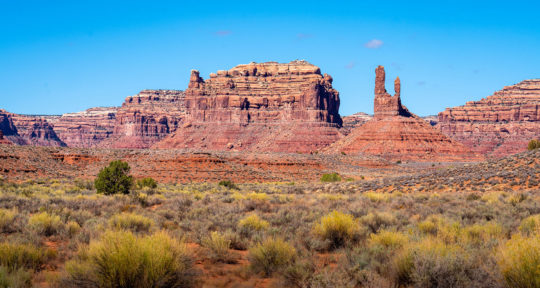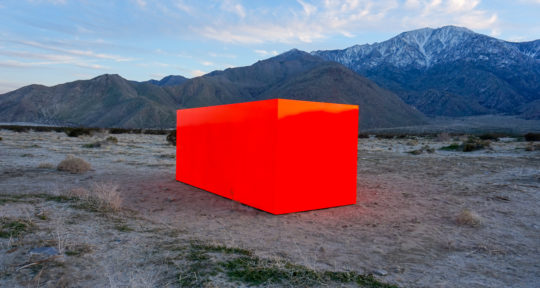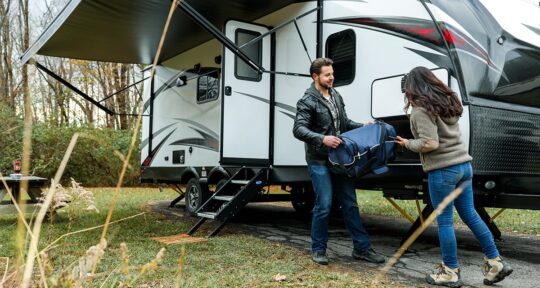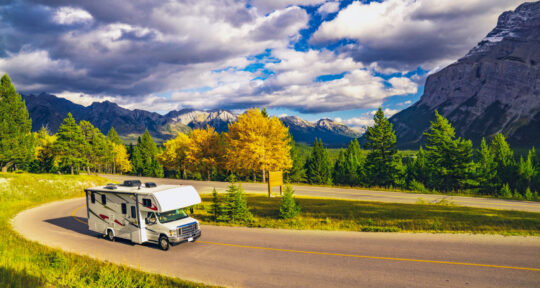Now just over three years into his vanlife journey, actor, photographer, writer, and social media influencer Brent Rose, 38, doesn’t show any signs of slowing down. On any given day, you’ll find Brent rolling around the country in his Vista Cruiser RV and capturing the sights, sounds, and stories of America.
Keen to peer behind both his van’s and his own shiny exterior, we asked Brent if he’d talk about his vanlife and share the stories that his Instagram account doesn’t tell—ones of fear, loneliness, and insecurity.
Brent is constantly on the go and, by design, not a man who is easy to nail down. So, we weren’t sure if and when we’d get a chance to chat. Luckily for us, though, Brent was kind enough to pull over for thirty minutes and grant us a phone interview—just days after his three-year road-iversary.
Nick: What’s the genesis of your going out on the road and in the Sprinter?
Brent: I guess it was something I’d always wanted to do. But, for one reason or another, I was wondering if I should pull the trigger. Whether it was a job or a relationship, something was kind of keeping me anchored to one place.
Then, in the summer of 2015, things just kind of lined up for me. I had already been working as a freelance journalist for a few years, based in Los Angeles. I got my techniques down for working from anywhere at that point. I knew that was sustainable.
A year before I went on the road, I ended a long-term relationship. Suddenly, I felt I didn’t really have any reason to be in any one particular place. “So, as long as I’m already working from the road,” I wondered, “how can I push that to the logical extreme and see how far that goes?”
What date did you set out on the road?
Brent: July 15, 2015 is when I hit the road. We just passed the three-year mark. I got the Spinter a couple months before that. I got it outfitted and upgraded, getting it ready as a mobile workstation. It took a little bit of doing to get it ready.
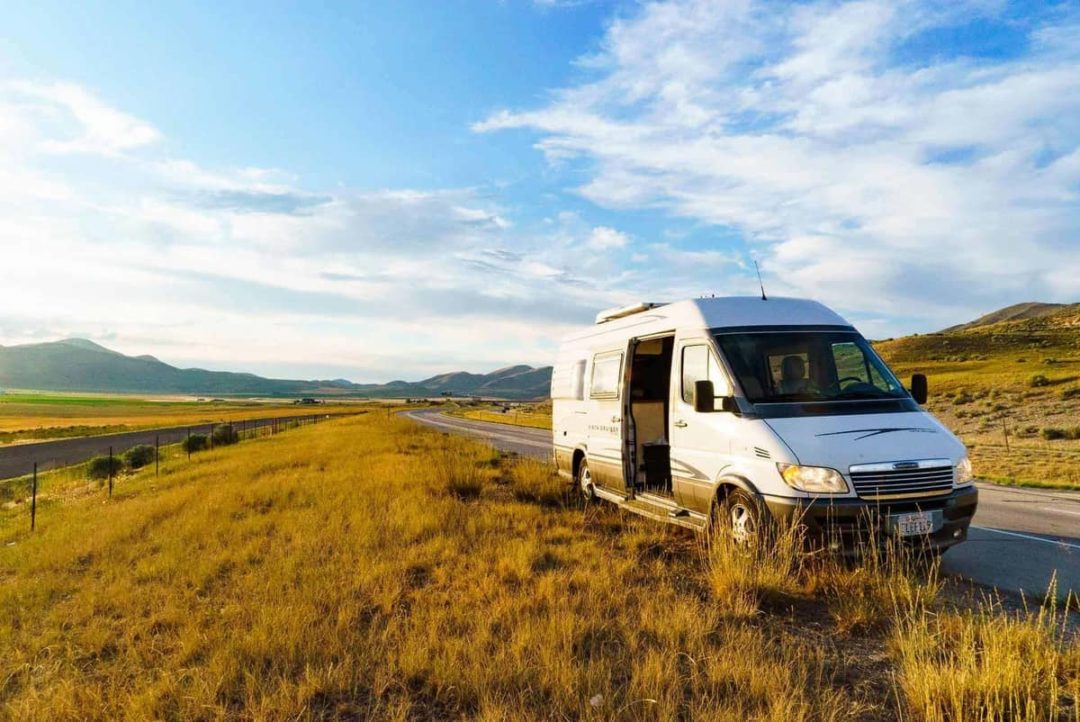
Walk us through what you did to get it ready.
Brent: Probably the most significant was the power system. I added 320 Watts of solar, 3000-Watt inverter, which is pretty beefy, and a 200-amp-hour lithium battery. Basically, that combination allows me to run my electric hot water heater without having to have my generator on. Plus, it keeps all of my laptops, cameras, and everything else charged and ready to go. That was the most significant thing I did.
I also added some pretty beefy security systems. I added a whole Viper security suite, a fingerprint scanner—stuff like that—to keep my things safe. Then I added navigational things like a better stereo head unit for the dashboard, which also has in-dash navigation. As well, I added a backup camera, which, when driving a big van like that, reduced my stress level significantly. You can’t really see out the tiny little rear windows. So, when reversing, you just hope you don’t hear a crunch or scream.
I added a lot of fun stuff, too. I added a stereo with some serious subwoofers and some color-changing lights for the interior. I’ll admit the lights sound really frivolous. They actually make living in there feel a lot more homey. It makes the interior feel a lot more warm. Bright LEDs can feel almost medical. It’s like a hospital environment. But the color-changing lights make it feel much homier—especially as I’m winding down for the night. I can add some red or purple to light and slowly dim it to wind me down to sleep.
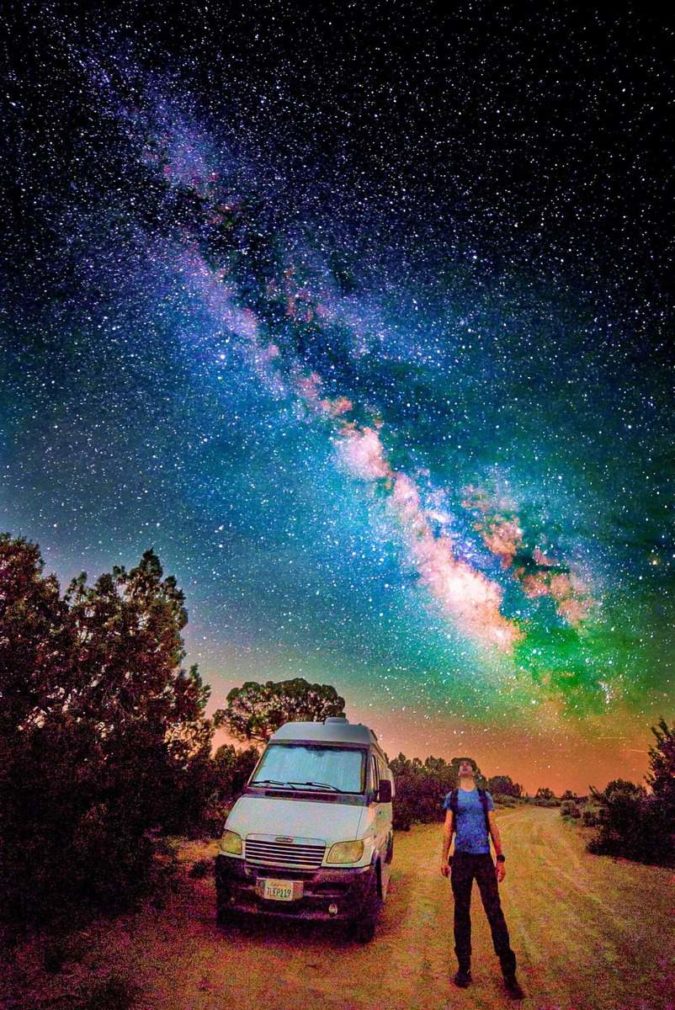
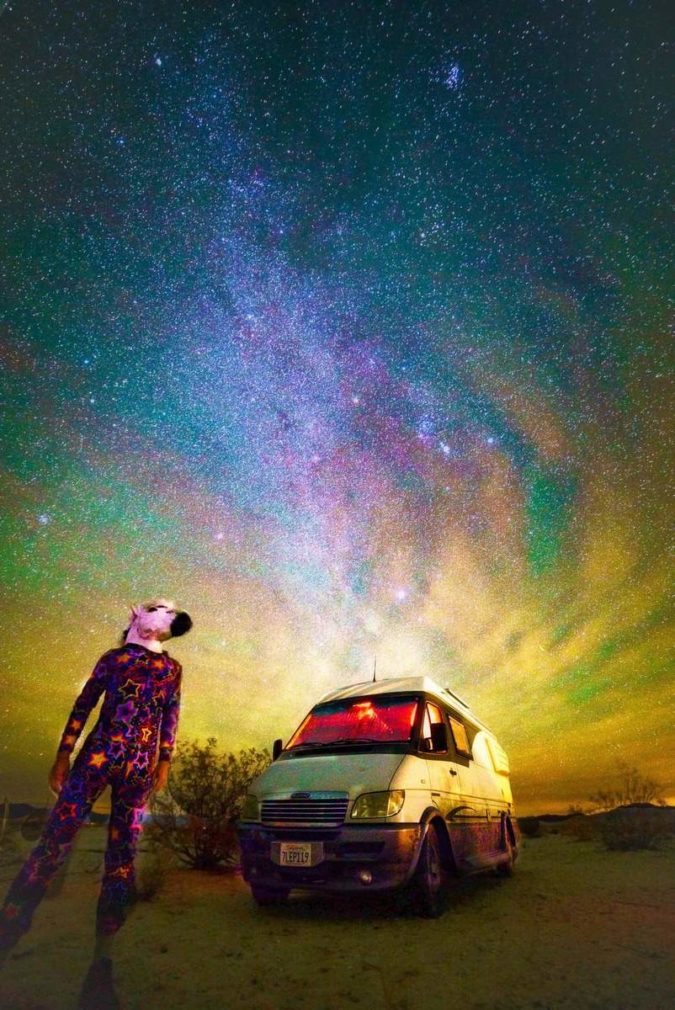
Once you got on the road, where did you head off to first?
Brent: First, I had a wedding I had to get to in Michigan. So, I made a beeline to Michigan and took a week to get there. I went north up the Upper Peninsula and slowly made my way back through South Dakota and Idaho, back into Washington, and into Portland, Oregon.
Then I dropped all the way down to San Diego and did a whole other loop around the country around the perimeter. I went straight through the South all the way to Miami. Then I drove all the way up the east coast to the easternmost point of Maine. Then I hooked back through the northern border, into Canada and North Dakota—places like that.
Now, I’m starting on another big loop around the country. However, this time I reversed the direction. I’m trying to hit some places I haven’t been before as well. I’ve been on the road three years now, so I’m kind of trying to see some familiar faces and people I met on my first trip around the country and just reconnect with those folks.
Tell me what the first week, the first month, was like—emotionally and otherwise.
Brent: It felt like I jumped off a cliff. I was waiting to see how I was going to hit the water. If you have ever jumped off a high cliff, you take this big leap of faith where all of your human survival instincts are telling you not to do that. You override it with your brain, and you jump. You’re just free falling for a little while, and you’re hoping you’re going to land feet first in that little pencil line, so it doesn’t hurt. You hope you don’t back flop or belly flop. That’s really what it felt like.
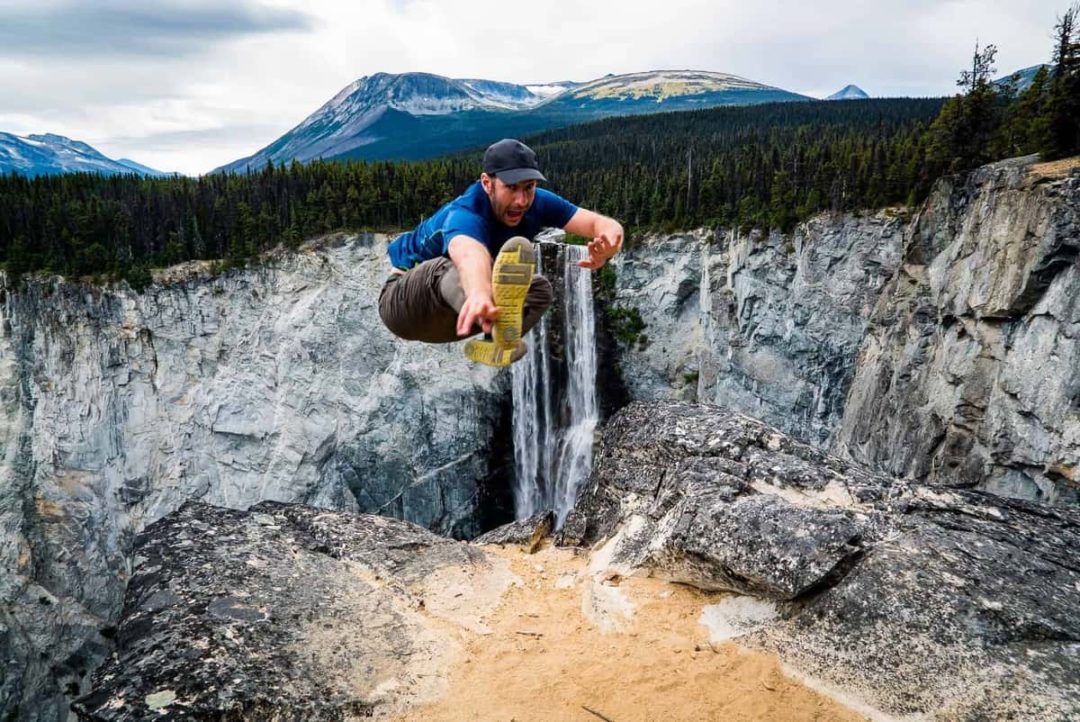
IF YOU HAVE EVER JUMPED OFF A HIGH CLIFF, YOU TAKE THIS BIG LEAP OF FAITH WHERE ALL OF YOUR HUMAN SURVIVAL INSTINCTS ARE TELLING YOU NOT TO DO THAT. YOU OVERRIDE IT WITH YOUR BRAIN, AND YOU JUMP.
It’s the best decision I’ve ever made. It was also the absolute worst decision I’ve ever made. Because, honestly, I had no idea how it was going to turn out. I’ve been telling people I was hoping it would be a one-year project. I honestly didn’t know if I’d make it up to six months or let alone two months. I didn’t know if I’d be robbed right away in some random Walmart parking lot in the middle of nowhere.
Yes, it was a little bit stressful, but it was also very exhilarating because I knew that it had the potential to be an incredible adventure—and I was really excited about the potential I saw in it. I was excited to see a lot of these places in the United States that I had read about or seen photos of, but had never actually visited myself. I was also excited to discover some new spots and meet new people. So, it was scary, but exciting.
What were the initial challenges, and what are some challenges you faced that you hadn’t anticipated?
Brent: The biggest pain of the whole thing, I’d say, is finding a safe and secure place to park in at night. My van is a little bit bigger than normal. It’s not always easy to find a campground—and you don’t always want to find a campground. Sometimes you’re just trying to find a place to pull over and sleep for a few hours and get back on it.
So, I used a lot of Walmart parking lots and stuff like that across the country. I estimate I have slept in probably 60 different Walmart parking lots the past few years, which is not romantic. However, it’s functional.
Just finding parking, trying to find a place where you’re not going to get a ticket, where you’re not going to get robbed, or a place where no one is going to notice or complain, can be tricky. Frequently, I find a working-class neighborhood ends up being your safest bet just for parking overnight.
I HAVE SLEPT IN PROBABLY 60 DIFFERENT WALMART PARKING LOTS THE PAST FEW YEARS, WHICH IS NOT ROMANTIC. HOWEVER, IT’S FUNCTIONAL.
The fancier neighborhoods, they basically don’t have anything better to do than complain. Sketchier neighborhoods … there was a shooting outside of my van one night. It was two blocks away. You’re not going to sleep well in either of those neighborhoods, fancy or sketchy.
But, in working-class neighborhoods, people have jobs and they’ve got better things to do than worry about what this man in his van is doing there for a night. So, there was one kind of solution.
When did you start meeting other fellow vanlifers?
Brent: Those meetings kind of happened haphazardly. My trip didn’t start out particularly socially. I wasn’t setting out trying to be an influencer or anything like that. I was really just doing it for myself when I started out.
So, as a result, I wasn’t reaching out to a lot of people. I certainly met a bunch more via Instagram in the ensuing years. The whole vanlife is pretty massive on Instagram.
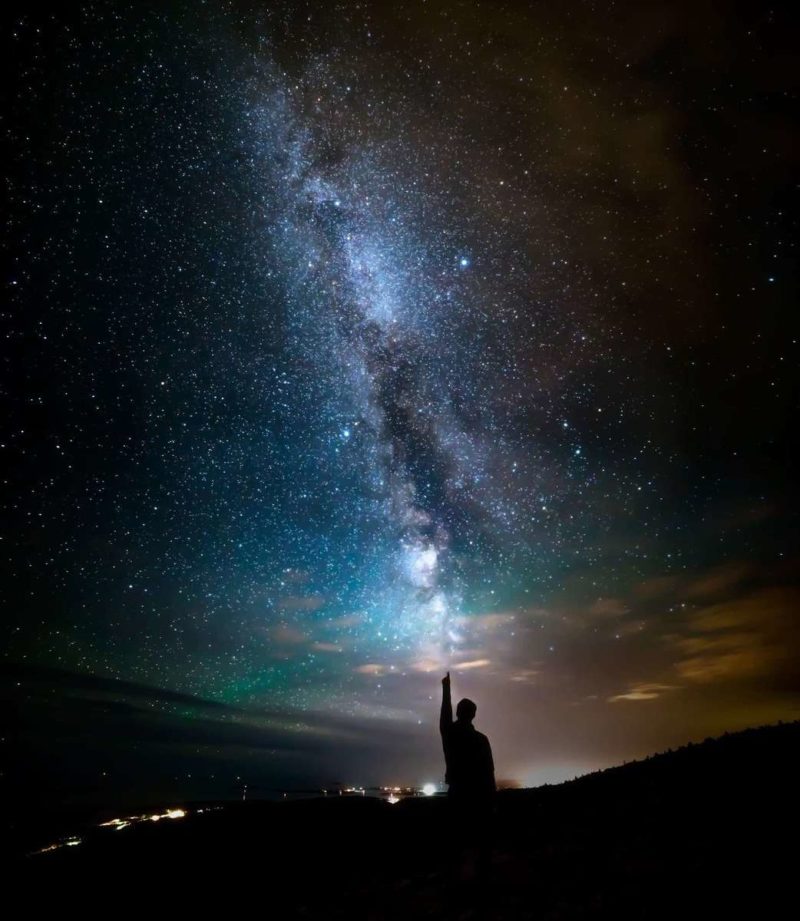
Have you ever been stranded?
Brent Rose: Yes, one of the sketchiest experiences was in the first month of my trip. I broke down in The Dalles in the middle of nowhere in Oregon. I mean, it is in the middle of nowhere.
It was a Saturday evening, so all the shops were closed. I called a tow truck company. They confirmed everything would be closed on Sunday. And I had a 7 a.m. flight out of Portland on Monday, the following day.
Thankfully, this tow truck guy had a buddy who said he was willing to come in on Sunday and have a look at my van. So, he towed me to this guy’s repair shop in the sticks and left me there overnight.
I thought, “This is so sketchy. There’s nobody for miles around.” Suddenly, some random guy in a Corvette pulled into the parking lot right next to me, just blasting music.
“Oh my god, what’s going on?” I thought. I locked all my doors. I had all these crazy scenarios going through my head.
I thought, “This tow truck driver clearly said, ‘Alright boys, we got ourselves a ripe one! Come on down to the parking lot and pick off the city slicker!’”
I thought for sure I was being set up. But this guy just sat there in his Corvette next to me blasting power rock, probably drinking beer—I don’t really know what was happening. He was there for hours. Then, eventually, he went away. He never knocked on my door. I don’t even know if he knew I was in there. It was just one of those weird things.
That incident was before I had the real RV roadside assistance. You really need that because your typical repair shop in a rural community may not be able to fit—or know how to work on—an RV.
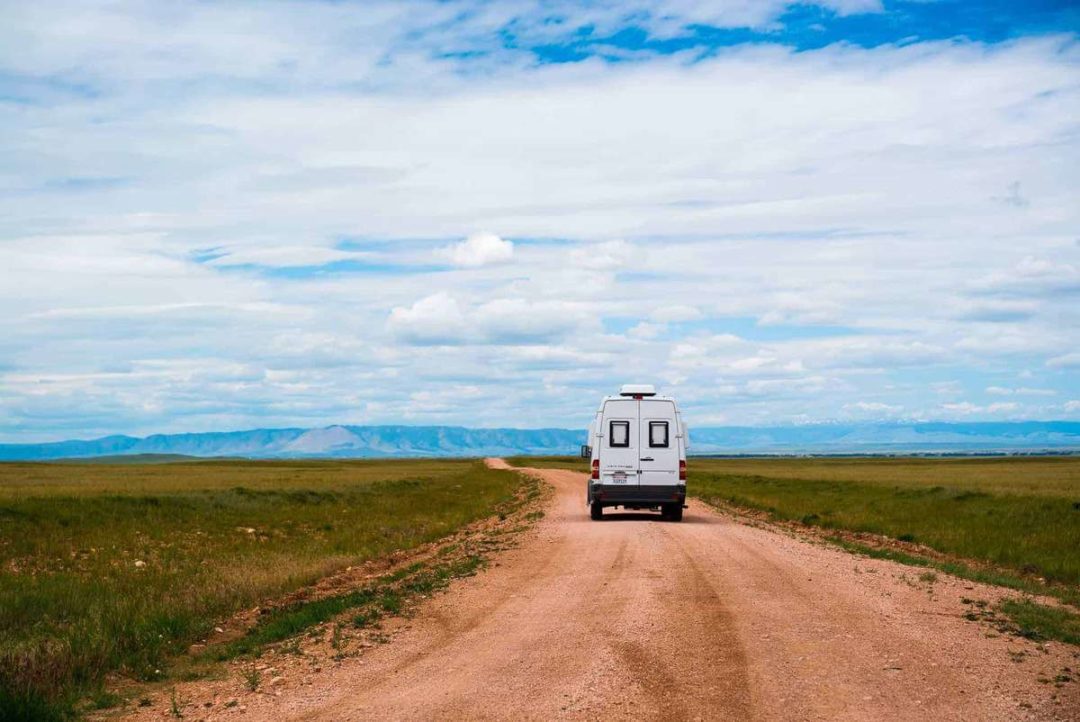
Do you think when you got on the road that you were running from something?
Brent: Yes, I do think so. I think I was just running away from something and running towards something—even if I wasn’t sure what that second thing was yet. I just wanted to be out there on the road, surrounded by novelty and new experiences. I wanted to take my mind off the breakup and heal. You can’t rush the healing process but you can distract yourself in a benign way while you heal—like when they give kids a lollipop when they get a shot at the doctor’s office.
At the same time, I felt like running toward a new adventure and, potentially, a new type of career. Suddenly, I was focusing more on my photography than I ever had before.
Have you had new relationships on the road?
Brent: I’ve dated a bit here and there, but nothing that has gone into full-on relationship territory. I don’t think that’s a factor of the van itself as much as it is just not being in any one place for more than a little while.
You never wanted to invite someone into the passenger seat for semi-permanent basis?
Brent: Not yet, but who knows. Honestly, in the first year on the road, I used dating apps and stuff like that. Some of the time I’d be out there—in some random town where I didn’t know anybody—and I’d realize I hadn’t had a face-to-face conversation with anybody in four days. I’m half introvert and half extrovert. The extrovert part of me is like, “Well, I need some people here in my life real quick.”
So, I would try to find someone to go out to dinner with and learn about their town. It was kind of a great way to actually learn more about the region I was traveling through and discover some restaurants I wouldn’t have otherwise found. I’ve actually made some really good friends that way.
I was going to say, it must be lonely. Is that the best way you have found to deal with the loneliness or keeping yourself from becoming an insane person behind the wheel?
Brent: Sometimes. I do call my friends and my family a lot. I’m really lucky I’ve got friends and family who are down to jump on the phone and talk about life and our experiences and things like that. Actually, it does a lot to help. I do have a fair amount of friends just scattered across the country, which helps a lot as well.
For example, when I was going to pass through North Carolina, I’d never been there before. But my best friend had lived there for a month or two. So I asked him, “Do you know anybody in town I should be linking up with?”
He put me in touch with some people. Turns out, they were having a party that day. I rolled into town and, suddenly, I had a whole bunch of friends in this place I’ve never been before. So, that’s huge.
BUT IF IT WASN’T A ONE-YEAR PROJECT, THEN I WAS JUST A GUY THAT LIVED IN A VAN.
What are some of the best places you’ve been or best experiences you’ve had?
Brent: It’s been three years now, so there’s been a lot. I really love Badlands National Park in South Dakota and Roosevelt National Park in North Dakota. Those places were incredibly powerful to me and I really, really loved doing night photography there, taking shots of the Milky Way.
There are so few places in this country where the skies are dark enough to get a good, clear shot—and the Badlands are certainly one of them.
My first time in Badlands was with my buddy Jeff. It was my first successful Milky Way shoot, which was really exciting. I still remember it very clearly. Then, in North Dakota, I was hiking into the canyon alone and had a mountain lion encounter in the middle of the night while I was trying to shoot the Milky Way. It was one of the scariest moments in my entire life.
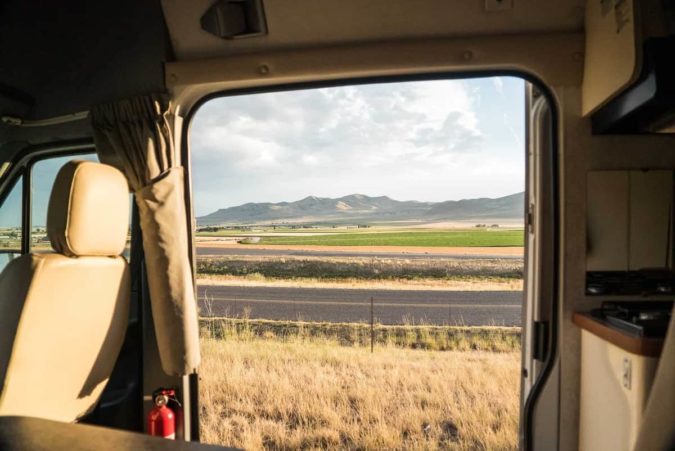
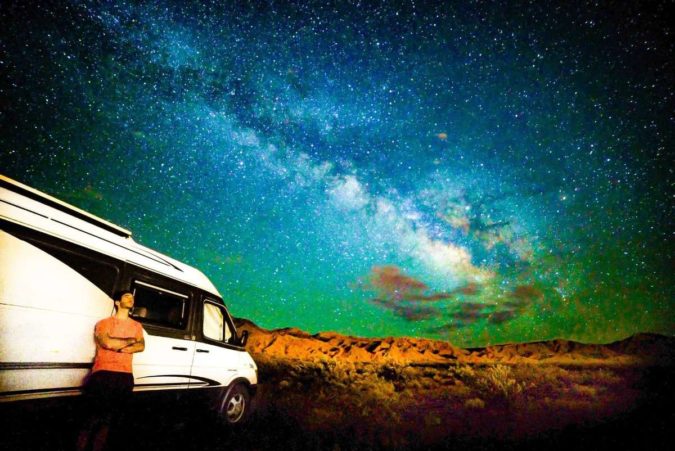
To your point about running towards something, do you think you are still doing that?
Brent: It’s a really good question. I thought this was going to be a one-year project. When I hit the one-year mark, I had a real existential crisis because I felt like I didn’t want to stop. But if it wasn’t a one-year project, then I was just a guy that lived in a van.
Was I OK being a guy in my mid-30s living in a van? How do I feel about that being what I’m putting forward? I got caught up in what people might think about that and the judgment that surrounded it.
I spent about two weeks really wrestling with those ideas. Eventually, I kind of arrived at the answer. I thought, “Well, I’m still having fun with this. So, until I come up with something that sounds like more fun or until this stops being fun, I’m just going to keep doing this.”
Like I said, I hit the three-year mark just a week ago. Part of me thinks something could come along and I’d say to myself, “Great time to put the keys away and park it for a while.”
There’s another chance I could just keep going for another year or two. I really have no idea. I haven’t planned as far as that goes. I’m taking it one day at a time, see how I feel, and see what life brings me.
